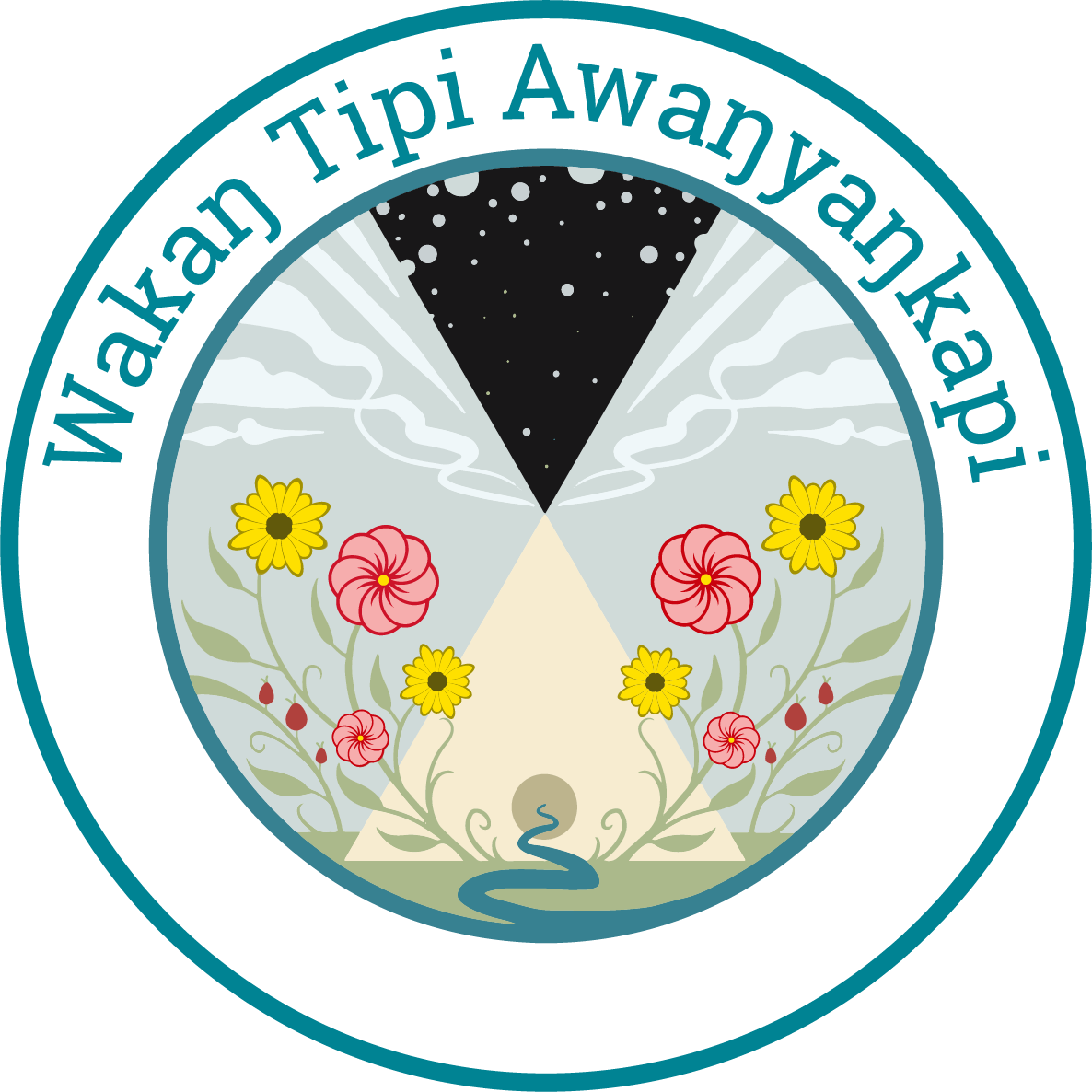By Ben Gessner, with Jasper Gessner
Photo courtesy of Kelsey Jo Forrest - Photography + Design (https://www.facebook.com/kelseyjoforrest)
Each one of us deserves access to outdoor spaces and, importantly, safety while we are there — learning, recreating, observing, exercising, connecting, healing, and the numerous other benefits we receive as gifts from our time spent outdoors.
Access to the outdoors is access to health, and not everyone shares in that access, nor in safe access. If you’ve not given much thought to barriers (geographic, economic, safety and other) experienced in these places, then you may be like me and among the privileged. Our social world doesn’t so much as intersect with our environment, but is interwoven with it. Obstacles faced in our social worlds may even be amplified in outdoor spaces where we are more isolated, or stand out among a more homogenous patronage (for example, a 10 year survey from the National Park Service shows that 77% of park visitors are white and just 6% identify as African American or Black).
Racism, white supremacy and cultural sexual and gender normativity are all social aspects that humans bring with them to natural spaces. You may remember the 2020 incident in Central Park involving Christian Cooper, a well-known writer and birdwatcher who was profiled by a fellow park-goer. She escalated an interaction in which Christian asked her to follow park rules (leashing her dog) by dialing 911 and falsely claiming, “There's an African American man threatening my life.” Her social (and white supremacist) subtext being I belong here more while breaking the rules than you do while trying to enforce them.
People who are affected by inequities are also most absent when decisions are made; historically, they have been excluded from policy, programming, design, and a number of other decisions regarding the development and preservation of natural spaces. Individuals and communities have devoted an incredible amount of emotional and physical work for decades towards systems-change, which sometimes moves at a snail's pace.
According to Monica Bryand, Executive Director of the Urban Bird Collective (UBC), individuals and communities mustn’t just wait for change, but must also claim their power to make their own spaces; spaces which are welcoming and safe for them. The UBC specifically works to serve Black, Indigenous, People of Color (BIPOC) and the LGBTQIA+ Communities and an aspirational goal of theirs is that all communities feel the benefits of being out in natural green spaces in our various Twin Cities neighborhoods and beyond.
Lower Phalen Creek Project has recently been partnering with UBC, and I had the pleasure of interviewing Monica alongside my child Jasper, who recently came out as Transgender. We asked what was the vibe — what were the best feelings — from the inclusive birdwatching and bird count programs? She said the feedback from participants is often “Oh! I found my people,” or “I’ve waited two decades for this type of experience!”
In 2021, Allie Steffen became a Naturalist Fellow at Dodge Nature Center. She began surveying regional programming for LGBTQIA+ youth and realized the great need for outdoor, nature-based programming. Allie believes that educating all people about our natural world is critical; that through empathy-building and experience, people become better stewards, something that she says is absolutely critical now during a time of climate crisis.
Allie created Pride Outside, a free after-school program for 5th - 12th grade youth, of any sexual or gender identity, and LGBTQ+ allies. The first round of programming took place in the winter and included studying winter habitats, learning about raptors, lots of learning through play (including kicksleds on the pond!) and even explorations of winter survival skills. Jasper attended some of these programs and told me, “It was cool participating in a nature program that was designed to be a safe space for kids like me.”
Allie spoke to us about the connections made by program participants, who joined from over ten different area schools and homeschool families. The best part for her was being able to create a program where friendships were formed and community flourished.
A whiteboard bears the title “Pride Outside” in colorful fonts. An image of the pride flag and a tree are off to the right, with an agenda, names, and a series of instructions and guiding questions also listed.
Do people from outside the communities that have designed these programs and spaces ever feel excluded? A few may, Monica from UBC says, but good allies (like most responsible people) are engaged in relationship-based learning and most often come to understand the importance of these spaces.
For a person wondering how to be a better ally, you might, like me, think about your own access to health and outdoor spaces and what barriers exist for others — barriers that you and I might even unknowingly contribute to.
If you’re interested in these types of programs, or want to support these organizations, we encourage you to please visit the linked web pages throughout this post.
Our wishes for you during Pride Month? May you feel at ease to be your whole self; may the safe and inclusive spaces for you to do so ever increase; may all of us continue to embrace all of us; and may we all grow in becoming better stewards of one another and our natural world.





